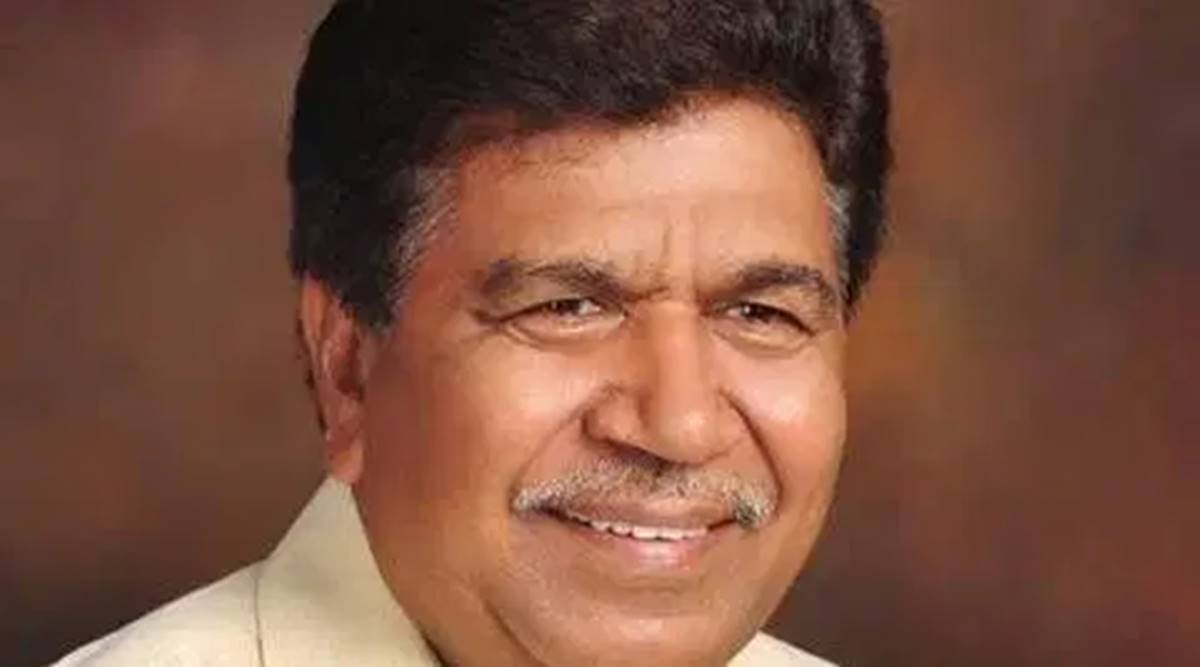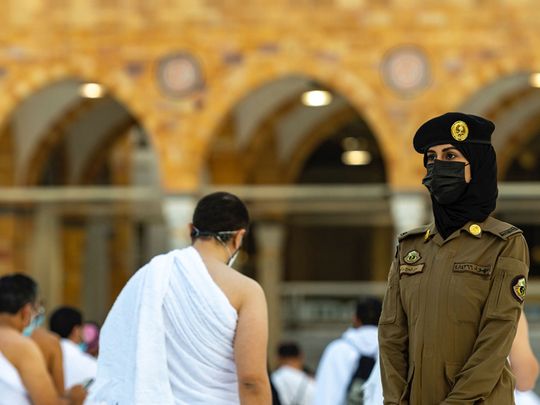Panchkula MLA and Haryana Vidhan Sabha speaker, Gian Chand Gupta, Thursday allocated Rs 50 lakh to the district administration to tackle the rising requirements of oxygen and intensive care units.
The money has been allocated from the MLA funds, “as this grant will help the Health Department to further develop Covid specialty framework and purchase the necessary equipment,” said Gupta.
Civil Surgeon, Dr Jasjit Kaur stated that the amount will be used to bring in trained staff to Panchkula and to procure ventilators to increase the number of critical care beds. “This amount will also be used to purchase equipment for patients under home isolation,” she said.
Meanwhile, Deputy Commissioner Panchkula, Mukesh Kumar Ahuja announced that “there is no lack of oxygen in the district.”
“We have a requirement of almost 10MT oxygen per day but are getting 7MT. Paras hospital is managing its oxygen on its own for now, outsourcing it independently. We have asked for a greater allocation and will be happy to receive it but are managing till the time we do not,” he said while talking to The Indian Express.
When asked about the number of beds, Ahuja said, “There are currently 368 non-oxygen beds, 351 oxygen beds, 110 ICU beds in the district. With this, the process of raising ten ICU beds has also begun. We are continuously adding beds each day. Almost 30 oxygen beds have been added to the civil hospital in the past few weeks.”
While the district is yet to be allocated its stock of Tocilizumab- a medicine said to be crucial for serious covid patents, taken over by the state, the district, says Ahuja, is getting a consistent stock of Remdesivir. “We are making Remdesivir available to all patients in need. While a separate quota for Tocilizumab has been created for Panchkula, we are yet to receive it from state,” he said.
Gupta also held a meeting with senior administrative officials to review the Covid situation, reportedly asking authorities to intensify action against those looting people in the name of treatment, conduct random checks on the availability of beds in private hospitals and on the bills being generated. Gupta has also issued instructions to stop acquaintances from visiting patients admitted to covid hospitals.
Villages begin Thikri Pehra as rural areas report spike in cases
Amid the increasing number of Covid cases being reported from rural areas surrounding Panchkula, DC Ahuja, acting as the District Magistrate, Wednesday ordered the villages to begin Thikri Pehra till June 10.
An everyday report will be submitted to the DC by Block Development and Panchayat officer. The sarpanch of each village has been directed to take responsibility of the people and keep an eye on anyone entering the villages. “As per the orders, we have set up a pehra between 8pm and 7am. We are not letting anyone from outside enter our village. We do not have a day-time guard as anyone entering our village is anyway checked by residents. It’s at night when people may sneak in. As many as ten people-one from each ward of the village- take pehras each night,” said Laxman Das, sarpanch of Batod village.
The order stated that action will be initiated against anyone found entering villages without a Covid negative report, under sections 9 and 11 of Punjab villages and the Small Town Patrol Act, 1918. The DCP and SDM Panchkula and Kalka have been asked to monitor and ensure compliance of these orders.
The district has yet identified 50 hot spots in rural areas, while at least 28 villages which have shown more than 50 per cent positivity rate in Rapid antigen test drives conducted in the last three days. At least 22 villages have been reporting cases consistently in the last ten days.
“These villages now will be screened by multi departmental teams and all persons with any health problems will be tested for Covid. If positive, isolation in village CCC will be ensured. Positivity in rural areas presently is relatively less but showing increasing trend in certain hotspots. Efforts are being made to screen population in a mission mode, isolate positive cases timely. This will help in restricting the spread,” said Dr Kaur.




